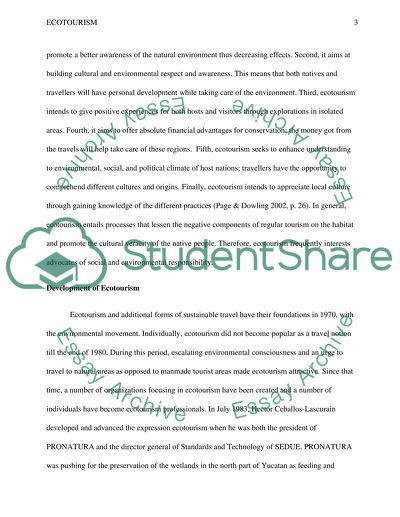Cite this document
(“Outline the development of global ecotourism over the last 30 years Essay”, n.d.)
Retrieved from https://studentshare.org/tourism/1469984-outline-the-development-of-global-ecotourism-over
Retrieved from https://studentshare.org/tourism/1469984-outline-the-development-of-global-ecotourism-over
(Outline the Development of Global Ecotourism over the Last 30 Years Essay)
https://studentshare.org/tourism/1469984-outline-the-development-of-global-ecotourism-over.
https://studentshare.org/tourism/1469984-outline-the-development-of-global-ecotourism-over.
“Outline the Development of Global Ecotourism over the Last 30 Years Essay”, n.d. https://studentshare.org/tourism/1469984-outline-the-development-of-global-ecotourism-over.


